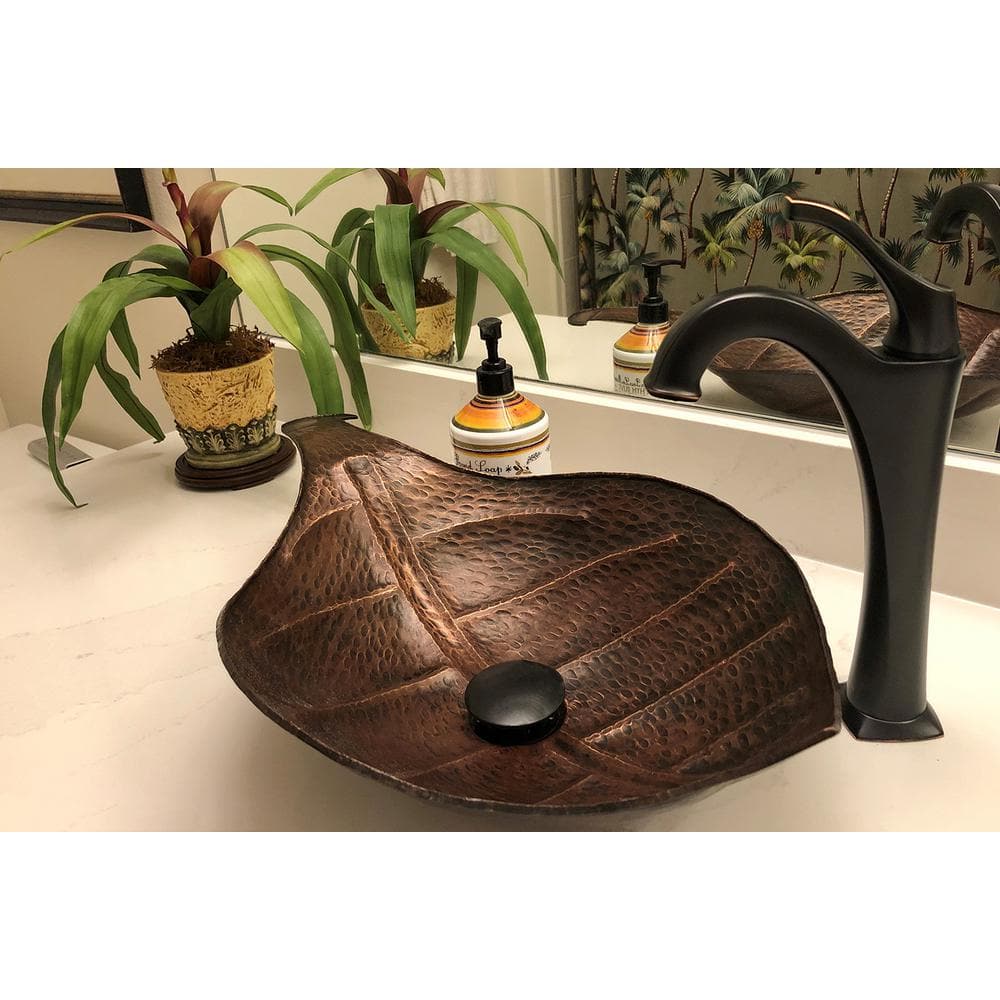Discovering the Diverse Applications of Copper Products in Modern Industries
Copper products have developed themselves as important elements throughout a myriad of modern-day industries, mainly because of their amazing conductivity, pliability, and resistance to rust. From boosting the performance of electric systems to playing a crucial function in renewable energy technologies, the convenience of copper appears. Furthermore, its recyclability placements it as a lasting option in manufacturing and electronic devices. As sectors significantly prioritize technology and sustainability, the varied applications of copper warrant a closer examination, especially regarding their potential effect on future ecological techniques and technological improvements.
Electrical Applications of Copper
Copper is a crucial material in the electric market, representing about 60% of the total need for non-ferrous steels worldwide - Copper Products. Its remarkable electric conductivity, which is almost twice that of light weight aluminum, makes it the favored choice for a wide variety of electric applications. From electrical wiring systems in commercial and residential structures to high-voltage power transmission lines, copper guarantees effectiveness and reliability in electrical energy shipment
Along with circuitry, copper is indispensable to the production of electrical components such as generators, transformers, and motors. These components take advantage of copper's thermal conductivity and malleability, important for warm dissipation and efficient efficiency. Moreover, copper's resistance to rust boosts the life-span and longevity of electrical systems, making it an affordable service in the long term.
The development of renewable resource sources, such as solar and wind power, has actually better raised the demand for copper in electric applications. As markets transition towards sustainable power options, copper's function comes to be much more critical. Generally, the convenience and performance characteristics of copper strengthen its condition as a foundation product within the electric field, driving technology and effectiveness throughout different applications.
Plumbing and Piping Solutions
In modern plumbing systems, the choice of products dramatically influences both performance and longevity. Copper has actually emerged as a recommended choice because of its distinct properties, including deterioration resistance and antimicrobial features. These attributes make certain that copper piping stays secure and long lasting for transferring potable water, a critical consideration in residential and commercial applications.
Among the key benefits of copper in plumbing is its capacity to endure heats and pressures, making it appropriate for a variety of applications, from hot water systems to home heating and cooling down networks. In addition, copper's adaptability enables simpler setup in complex piping layouts, reducing the risk of failures and leaks.
Another noteworthy advantage is copper's lengthy lifespan, commonly going beyond 50 years with proper upkeep. This long life not just lessens replacement costs however likewise contributes to sustainable techniques by decreasing waste. Furthermore, copper's recyclability lines up with modern ecological criteria, advertising a round economic climate within the plumbing sector.
Copper in Renewable Resource
The adaptability of copper extends past pipes applications, playing an essential role in the renewable power market. In solar panels, copper is made use of in solar cells and wiring, promoting reliable power conversion and transmission.

Moreover, as the international demand for electrical cars (EVs) increases, copper's duty in battery systems and charging facilities comes to be a lot more significant. The product's capacity to carry out electricity successfully is integral to the efficiency of EV batteries, boosting variety and charging rate.
Copper's Duty in Electronics
Electronic devices producing depends heavily on copper's remarkable homes, specifically its high electric conductivity and thermal performance. These features make copper a suitable selection for a large range of digital elements, including connectors, motherboard, and circuitry. The steel's capacity to efficiently transmit electric signals ensures marginal power loss, which is important in high-performance digital gadgets.
Moreover, copper's thermal conductivity plays a significant role in warmth dissipation, shielding delicate components from overheating. This is particularly vital in contemporary electronic devices, where portable styles lead to boosted heat generation. Copper is additionally preferred for its pliability and ductility, allowing it to be conveniently formed right into elaborate styles that satisfy the needs of sophisticated digital applications.
With the rise of consumer electronics, telecommunications, and electrical cars, the demand for copper in the electronic devices field continues to expand. As advancements in modern technology progress, copper remains indispensable to accomplishing greater efficiency and reliability in digital items. Its recyclability further enhances its appeal, as suppliers look for sustainable solutions without jeopardizing quality. Hence, copper remains a foundation product in the ever-expanding field of electronic devices.
Innovative Uses in Production

One notable application remains in additive visit here production, where copper-based materials are used in 3D printing procedures. This enables for the production of light-weight elements and complicated geometries, specifically in the aerospace and automobile industries. Furthermore, copper's thermal conductivity makes it a suitable choice for heat exchangers, improving efficiency in commercial air conditioning systems.
Moreover, the surge of smart production has actually seen the incorporation of copper in IoT gadgets, where its conductive capacities sustain advanced picking up innovations. In the realm of sustainable energy, copper is critical in the production of photovoltaic panels and wind turbines, promoting extra reliable power conversion and circulation.
As industries aim for sustainability and innovation, copper's versatility and efficiency remain to position it as an important product, driving improvements in production and adding to the advancement of smarter, much more efficient items.
Conclusion
The important role of copper in sustainable visit this site energy and its essential function in electronic devices underscore its significance in advancing lasting methods. Collectively, these applications show copper's critical payment to technical progress and industrial performance in contemporary society.
From improving the performance of electric systems to playing a vital duty in sustainable power innovations, the flexibility of copper is noticeable. As markets significantly focus on advancement and sustainability, the varied applications of copper warrant a closer exam, especially concerning their potential influence on future technological improvements and environmental techniques.
The development of sustainable energy sources, such as solar and wind power, has even more boosted the need for copper in electrical applications. Generally, the adaptability and efficiency qualities of copper solidify its status as a cornerstone product within the electrical sector, driving technology about his and performance throughout different applications.
The adaptability of copper extends past pipes applications, playing an essential function in the sustainable power field.